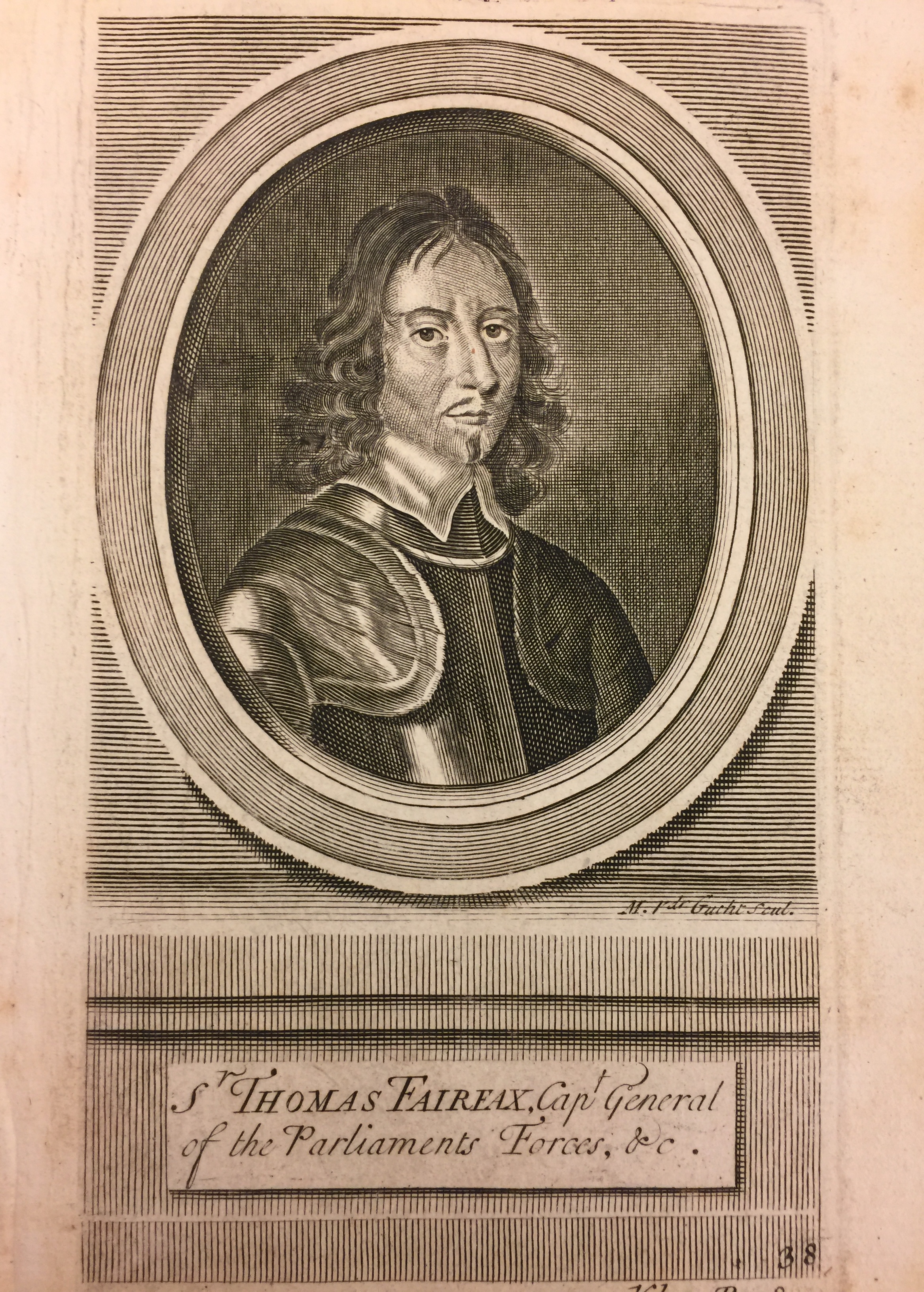This post was written by Bill Keeler, Processing Student Assistant. Bill is studying History with a focus in American History at George Mason University.
Hello!
During my last blog post I highlighted the Randolph H. Lytton Historical Virginia collection, including items that exhibited different emotions a soldier felt during the Civil War when enlisting, experiencing shots fired in anger, and subsequently writing home about it. In today’s post, I’ve included more exciting items from this collection.
This first item is a pass for a Confederate soldier, M. Pierce Butler. Butler served in a militia, which was largely comprised of Fairfax citizens. The pass below granted him the opportunity to be exempt from combat duty with his regiment, that was anticipating a Union attack on their position. He was told by is Colonel to report to the Confederate capital of Richmond, Virginia to aid in the production of cannons. Butler, with a sense of relief, noted that the militia which he belonged to had been disbanded that very day. Instead of reported to Richmond, Butler – with survival in mind – gathered his family and fled from their home.

Not only does this provide a wonderful glimpse into the life of yet another soldier, it also highlights the lack of materials soldiers had access to during the conflict. If you look at the above picture you will notice that both items were penned on what we today would deem as “scrap” paper.
The next item is a section from an issue of The Washington Intelligencer that was published February 14, 1823.

The advertisement was taken out for a slaveholder that went by the name William H. Fithugh. The advertisement describes the escapes of slaves Nathan, Davey, and James. The three men escaped on Christmas Eve in 1822. The civility in this particular advertisement is what stands out. More often than not, slaveholders would insert words that painted the runaway slaves as hostile. Fithugh, however, noted that the individuals were “intelligent” and likely obtained free passes. Said passes would allow the men to travel freely throughout the country. Though, the contemporary definition of normality is something that is easy to miss when focusing on the details in advertisements like these. The three-hundred dollar reward mentioned at the bottom of the advertisement would equate to nearly nine thousand U.S. dollars today.
I am just beginning to process the Fairfax Family portion of the collection and below are just a few snapshots of some interesting items from the soon-to-be series!

Portrait of Lord Fairfax.

Surveyor documents – Henry Fairfax.

Indenture – Thomas Fairfax, John Peyton.
The Randolph H. Lytton Historical Virginia collection (C0311) is currently being processed. Once it is completely processed, its finding aid will be available on the SCRC website and the collection will be open for researcher access.
Follow Special Collections Research Center on Social Media at our Facebook, Instagram, and Twitter accounts. To search the collections held at Special Collections Research Center, go to our website and browse the finding aids by subject or title. You may also e-mail us at speccoll@gmu.edu or call 703-993-2220 if you would like to schedule an appointment, request materials, or if you have questions. Appointments are not necessary to request and view collections.

